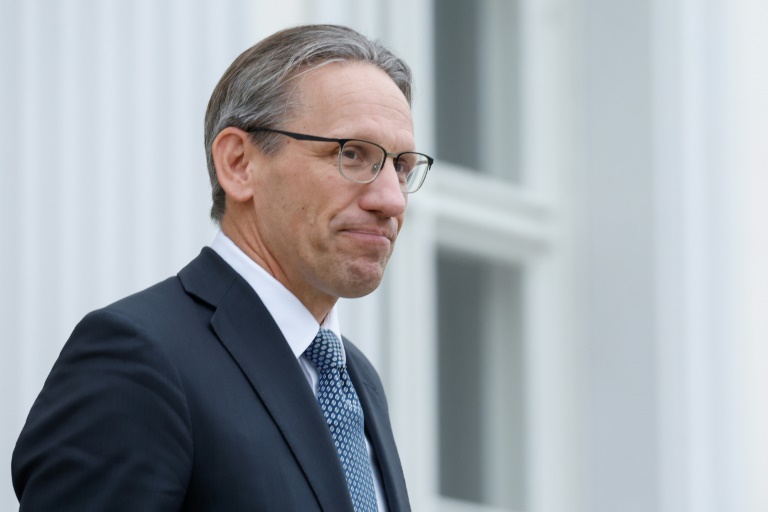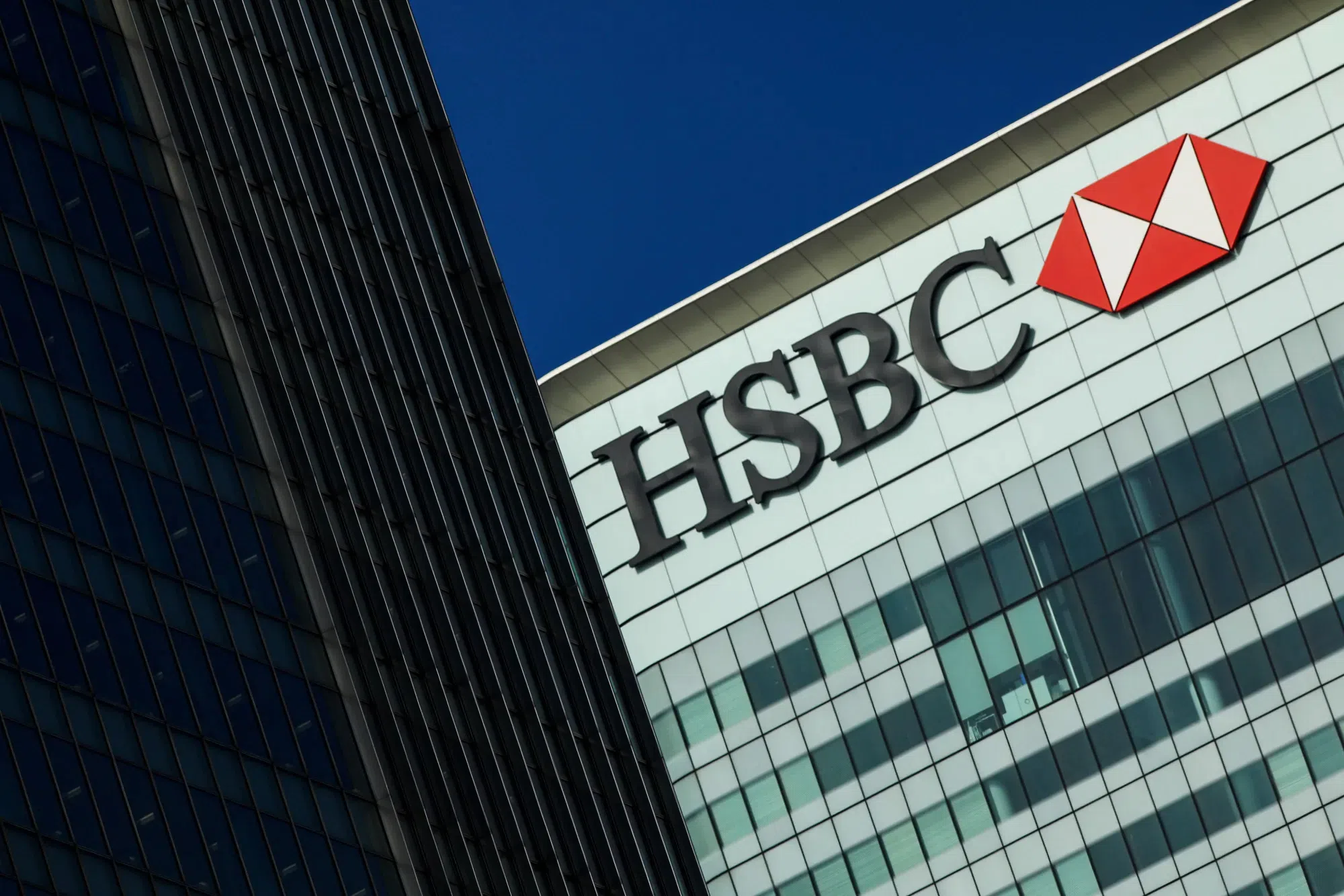Joerg Kukies, Germany’s new finance minister, is a former investment banker who has long been one of Chancellor Olaf Scholz’s closest advisers, most recently as a state secretary.
The German leader first brought Kukies into the corridors of power in Berlin in 2018, when Scholz was finance minister under Angela Merkel — a move that caused much consternation in his centre-left Social Democratic Party (SPD).
At the time, Kukies was working as the co-head of investment bank Goldman Sachs in Germany.
The Handelsblatt business daily described his surprise switch from banking to politics as “a real bombshell”.
But in spite of the huge pay cut, he stayed — and three years later, when Scholz became chancellor, switched to being an economic adviser in the chancellery.
The 56-year-old has been a member of the SPD since he was 18 years old and had a brief stint as head of the party’s youth wing in Rhineland-Palatinate state in the early 1990s.
He gave up that position when he moved to Paris to study economics, later completing a master’s degree at Harvard University and a doctorate in Chicago.
In 2001 Kukies took a job at Goldman Sachs in London, before moving to Frankfurt to work as an equities expert for the bank.
In 2014 he became a joint CEO of Goldman Sachs AG and managing director of the Frankfurt branch, overseeing the bank’s business in Germany and Austria.
Kukies was primarily responsible for securities trading and “derivative financial product solutions”, he told the magazine Wirtschaftswoche at the time.
During the Covid pandemic, Kukies was the head of the Economic Stabilisation Fund, which offered federal guarantees on loans and recapitalisation measures to help keep companies afloat during the crisis.
He also acted as chief negotiator during the temporary nationalisation of German airline Lufthansa.
However, his reputation took a blow during the Wirecard scandal, Germany’s most notorious case of accounting fraud.
After Wirecard collapsed into insolvency in 2020, it emerged that the company’s disgraced CEO Markus Braun had met Kukies at the finance ministry in November 2019 — leading to calls for his resignation.
The broader case prompted an overhaul of Germany’s finance watchdog BaFin, heavily criticised for ignoring early warnings about Wirecard.
As well as being an adviser, Kukies has also represented Scholz at G20 and G7 summits.
His promotion to a ministerial post comes after Scholz sacked previous finance minister Christian Lindner, leading to the collapse of his three-way coalition.
With Lindner’s FDP party out of government, Scholz is hoping to hold on to power until next year as the head of a minority coalition consisting of his SPD and the Greens.
As finance minister, Kukies will find his room for manoeuvre limited by the government’s lack of a majority, according to analysts.
A minority administration is unlikely to be able to pass the 2025 budget, which was the subject of months of bitter negotiations before the collapse of the coalition.
This will not result in any kind of government shutdown however, with regular spending to continue.
Less controversial measures and urgent spending decisions, such as boosting support for Ukraine, could also potentially be agreed on with the backing of opposition parties.
German far-left opposition politician Sahra Wagenknecht was the first to criticise Kukies’s appointment on Thursday.
The fact that the Social Democrats, of all parties, had entrusted a former Goldman Sachs banker with the task of drawing up the federal budget said “a lot about the state of the SPD”, she said.







